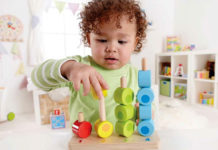– Don’t let them in at any cost!
Those first meals eaten by your baby are magical (and messy). It’s fun to watch them discover new flavors, textures, and temperatures.
Though cleaning up after them can be a chore, it is exciting to see them develop into more mature little people. But what if you yourself are feeding your baby things that could harm their health in the long term? Conventional baby foods can be laden with toxins that can damage a small body. Here’s what you should watch out for in healthier alternatives.
1. Agricultural Chemicals
Foods made with conventionally-grown fruits, vegetables, and grains will be laced with agricultural chemicals. And while these may seem harmless in small doses, your baby’s body is small and more vulnerable to their toxicity. They’re also less able to detoxify.
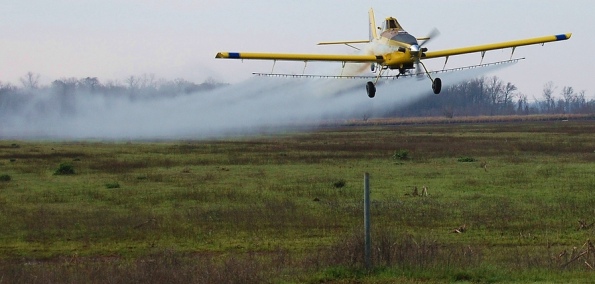 (Photo by Paul L. Nettles)
(Photo by Paul L. Nettles)
In order to avoid these health hazards, choose organic baby foods that are made with produce and grains that are less chemically-intense. Here are some good brands: Homemade Baby, Plum Organics, Tasty Baby, Happy Baby, or Sprout Baby Food.
2. Melamine
Melamine has been a concern for parents in recent years – also known as cyanuramide, this synthetic chemical is used to make resins for cooking utensils, etc. and has also been used to make fertilizers, paper, paperboard, and flame retardants.
 (Photo by Team Dalog)
(Photo by Team Dalog)
It is associated with blocks in urinary flow and can therefore cause kidney failure and even death. It is found in trace amounts in US-made infant formulas in 2008, sparking concern over the safety of formulas on a whole.
Though the US Food and Drug Administration (FDA) says that melamine is safe up to 1 part per million in baby formula, many are concerned over what the long-term consequences of using this chemical in baby formula could be.
Chinese-made baby formula is even higher than that made in the US where they deliberately add it to the formula to increase the protein content. As a result, more than 52,000 children who consumed this formula developed kidney stones in recent studies.
3. Food Containers
In addition to the environmental problems related to baby food packaging, there’s also the issue of chemicals used on the containers that store the food (baby food storage) until your baby is ready to sit down for a mini meal.
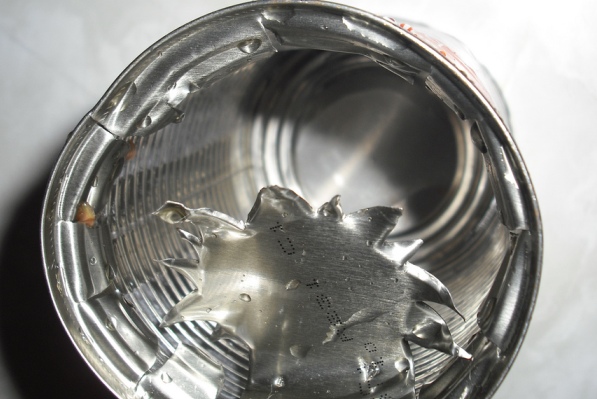 (Photo by Kanshiketsu)
(Photo by Kanshiketsu)
Plastic trays, metal cans, and plastic wrapping can all be made using chemicals such as bisphenol-A (BPA) and other phthalates. BPA is one type of phthalate and can be found in baby bottles, sippy cups, and the lining of metal cans. It has been linked to early onset of puberty, diabetes, hyperactivity, cancer, and immune system dysfunctions.
4. Cereal Based Baby Products
One of the first solid foods babies eat is cereal, but these too may be full of toxins.
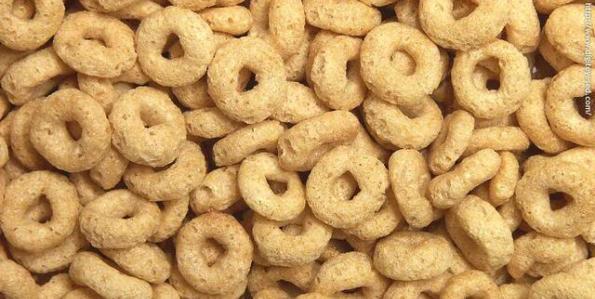
Health Canada did a study a couple of years ago and found that most cereal-based baby food products contain mycotoxins, which are harmful moulds that are associated with poor growth and development as well as a suppression of a child’s immune system. Plus, many mycotoxins are strong cancer-causing agents.
5. Animal Based Foods
And when you start to feed your baby meats, be careful of the hormones and antibiotics that are found in higher concentrations in conventionally-raised animal foods, including dairy.
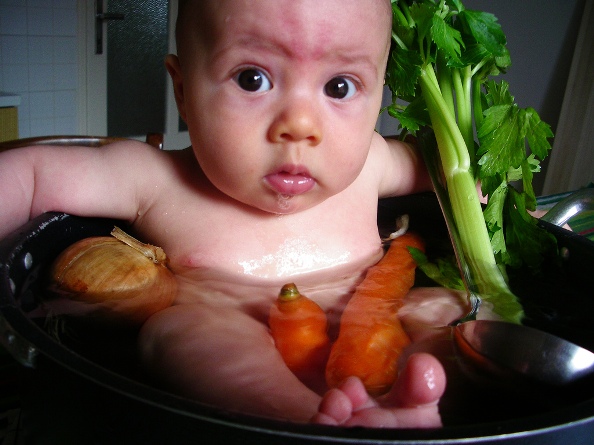 (Photo by Superbez)
(Photo by Superbez)
Many health experts recommend that you feed your baby only free-range, organic proteins.













